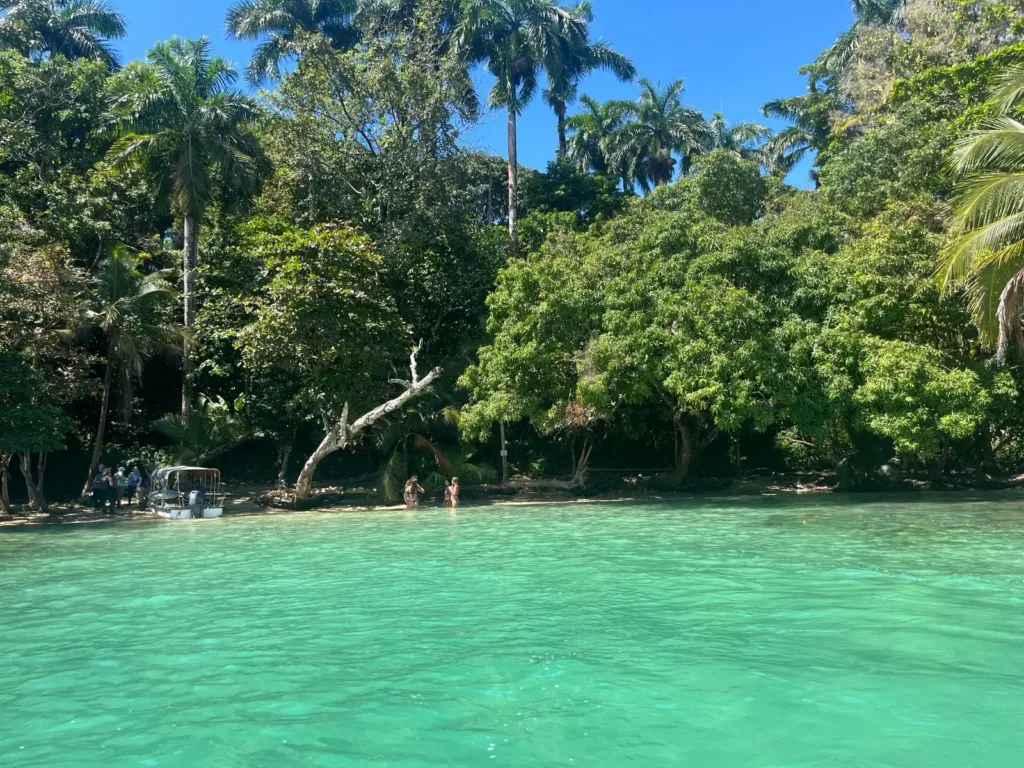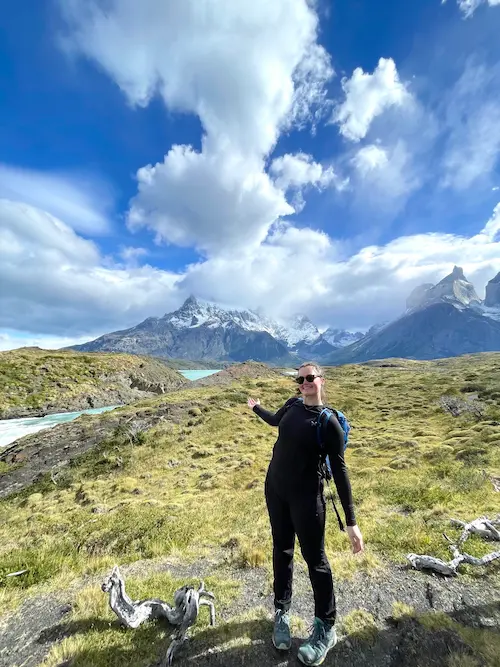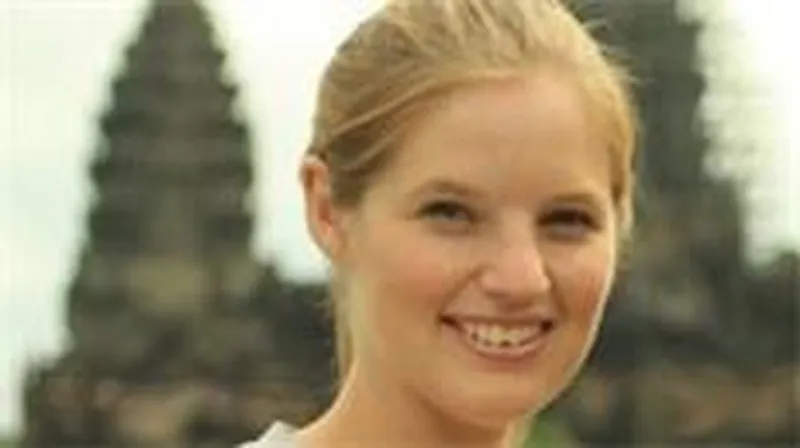
By: Georgina Lloyd, PhD
Environmental Education in Cambodia
There are many pros to living in a bustling city like Siem Reap—great food, wonderful cultural heritage, and many opportunities to engage with Cambodians and other passersby are just a few of my favorite things about this place. Our classroom extends far beyond the guesthouse in which we live. Between traveling across Cambodia and into Vietnam, day trips out of Siem Reap, countless boat excursions on various bodies of water, and tuk tuk rides through the city, the faculty, staff, and students also have the chance to be incredibly mobile—and the different landscapes, people, and environmental conditions this constant movement enables us to experience keeps our days exciting. Diversity is a major focus of the semester, and we would be remiss if we did not take the chance to wear as many different hats as we can.
That’s why our Student Affairs Manager Kiri helped us to coordinate a day of teaching Cambodian youth about trash (“rubbish,” as the children’s Australian instructors call it). Working with an NGO called HUSK at their Kompheim Village Community School, the SFS squad developed a lesson plan to help seventh grade students learn about trash that should be collected versus organic material that can be left on the ground. HUSK provides a supplemental English language teaching program for primary school students who attend the local government school in the village. Their campus is amazing—in addition to providing cool livelihoods for local village women with a raging sustainable toy-making business, the buildings at the Village School are made from recycled water bottles. Cool gardens line the perimeter of the grounds as well.
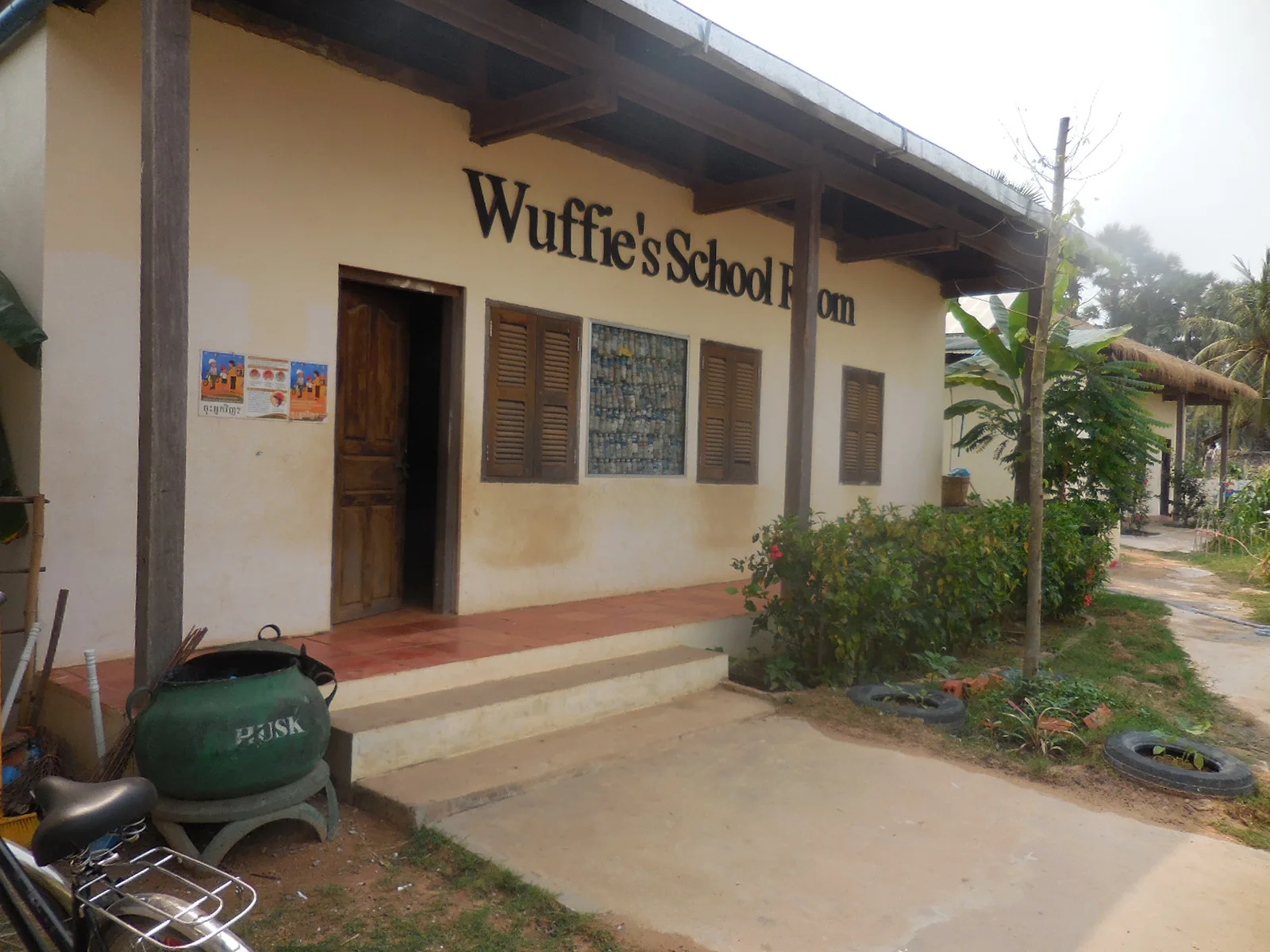
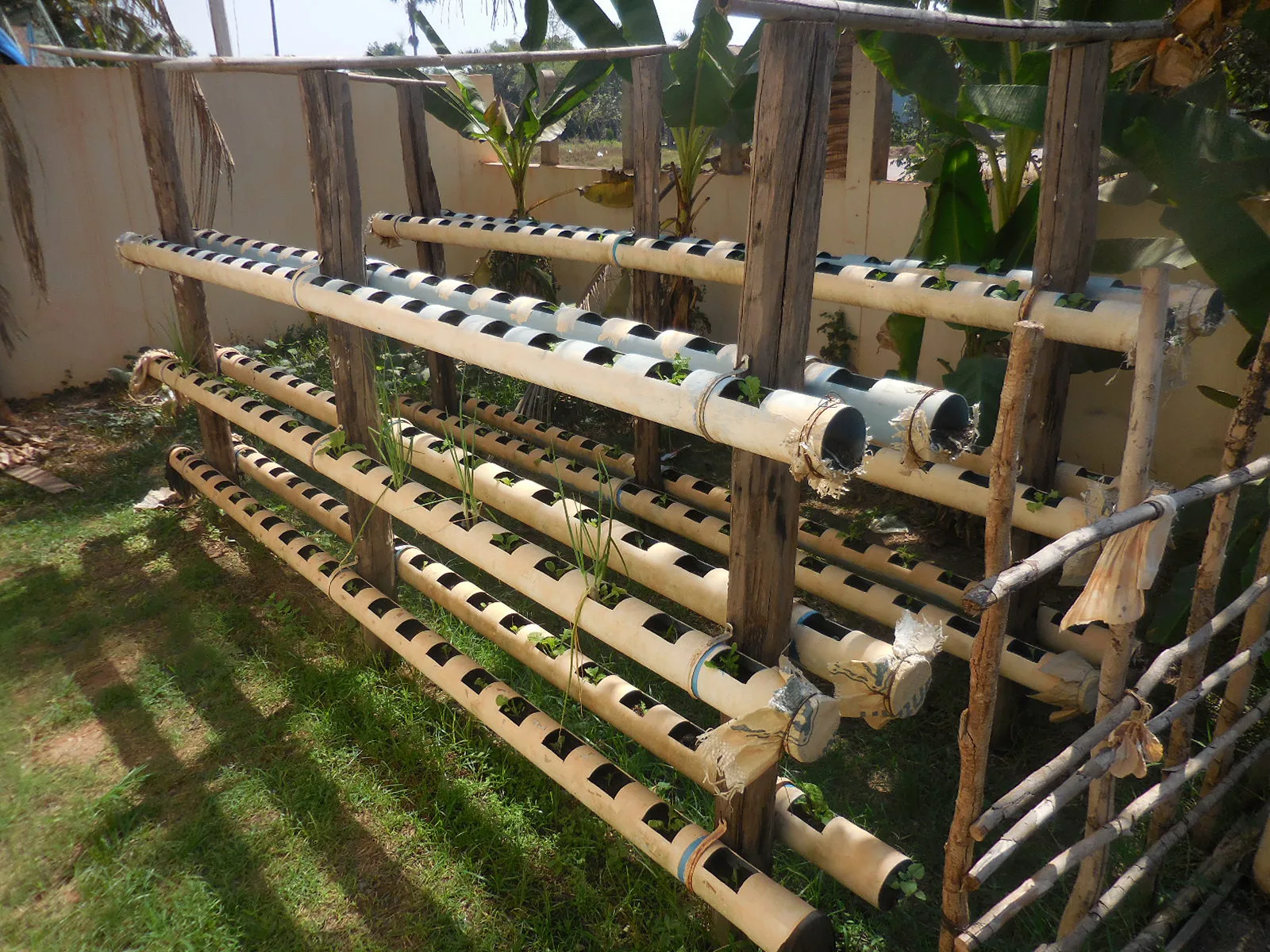
In our Environmental Ethics and Development course, we have studied everything from pollution to waste management in Cambodia. Perceptions of waste are very different here—garbage is strewn across streets, empty lots, sides of buildings, and even in fields and national parks. Cambodian health, environmental, and aesthetic concerns around trash are very different from Western perspectives. This is true of the cityscape and the countryside; garbage collection and disposal is not as readily available in this country as it is in the States. Because we had the opportunity to develop our own programming with the seventh grade class in Kompheim, we chose to talk about organic (“natural”) waste, like fruit peels and leaves, and inorganic (“unnatural”) matter, which should be “picked up” and collected. When we came to Kompheim to teach, we performed skits, played games, and engaged in plenty of silliness—the children were enthusiastic and probably very intrigued by the menagerie of college-aged Americans before them. We were just as enthusiastic to engage with the students about issues that are a part of our own SFS courses. It was a good time for everyone.
As the second semester of students on this program, we are hoping to lay groundwork for future collaborations between SFS and HUSK to continue working with youth in Kompheim. This kind of community outreach is not only an entertaining mutual learning experience, but also works on a small scale towards filling a missing gap in environmental education in rural Cambodia. In a rewarding moment following our lesson, the Khmer instructor told us that he hopes to implement programming on the same subject in the school’s other classes.
While Siem Reap, Cambodia, and the Vietnam Mekong Delta have become our stomping grounds, it was incredibly gratifying to engage directly with Cambodian youth on their home turf. We will all look forward to watching the partnership with HUSK develop into the future.
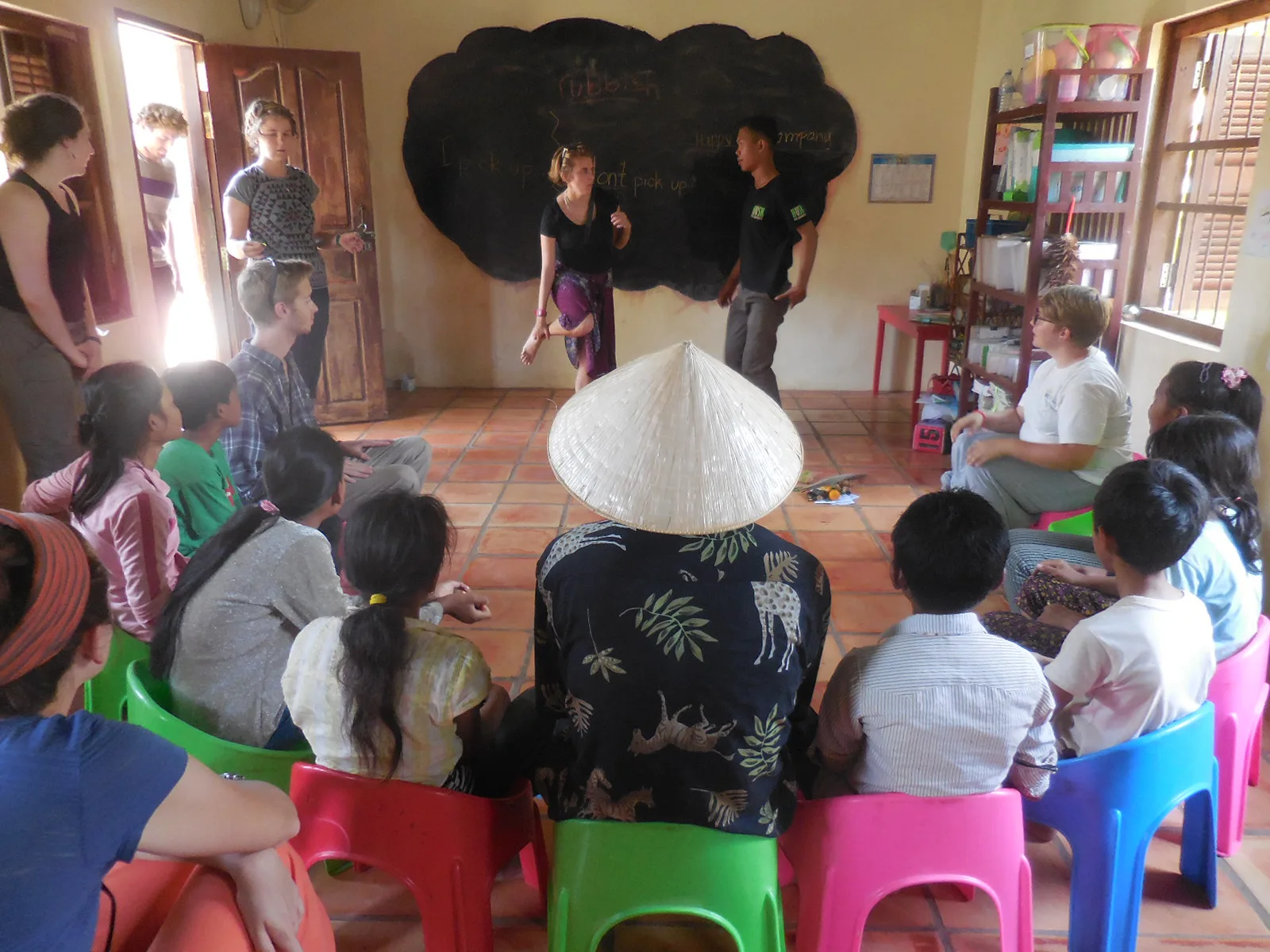
Related Posts

